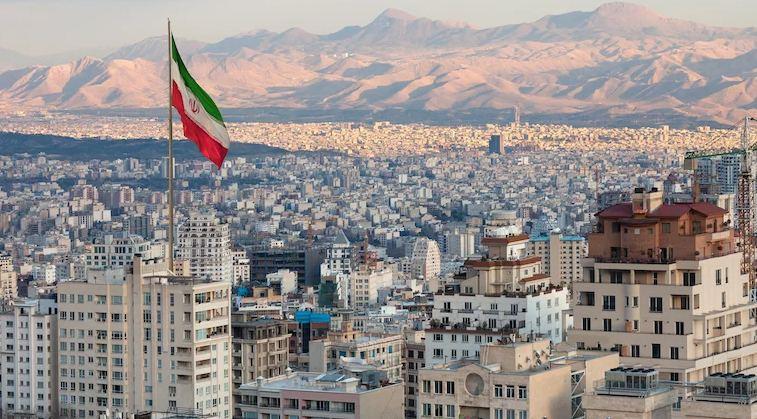(MENAFN- Trend News Agency) BAKU, Azerbaijan, June 19. Iran should have a
direct discussion with the US on the nuclear program and other
issues, an Iranian analyst on international affairs, Hasan
Beheshtipour said, trend reports.
“Recently, it is reported that indirect discussions between Iran
and the US have been conducted through the mediation of other
countries,” Beheshtipour said.
He added that it is possible to get a better result if there is
a direct discussion between the two countries.
According to Beheshtipour, discussions with 3 European countries
(the UK, France and Germany) regarding Iran's nuclear program
cannot be decisive. Because after the US withdrew the Joint
Comprehensive Plan of Action (JCPOA) in 2018, European countries
tried to activate the INSTEX mechanism and establish economic
relations with Iran for about 1 year. But it didn't work.
"The economic activity and economy of the US is so extensive
that practically no company entered into cooperation with Iran
after the US imposed new sanctions on Iran. Even the Chinese and
Russian companies, which are considered to be the main partners of
Iran, were among the first companies to leave Iran after the
withdrawal of the US from the JCPOA. This is the reality," the
analyst stressed.
As for Iran holding discussions with European countries,
Beheshtipour noted that there is no harm in holding discussions
with these countries. But it is quite clear that Iran's main
problems are with the US. That's why, the problems between Iran and
the US can be solved through direct discussions between the two
countries.
Recently, discussions between Iran and the US have been held
indirectly through various mediators, including Oman.
On June 13, Iran's Deputy Foreign Minister Ali Bagheri Kani
noted that he had a discussion with his counterparts from 3
European countries about Iran's nuclear program.
In January 2016, JCPOA was launched between Iran and the P5+1
group (US, Russia, China, UK, France, and Germany) in connection
with Iran's nuclear program. In May 2018, the US announced its
withdrawal from the deal and imposed sanctions on Iran in November
of the same year. To preserve the agreements reached as part of the
JCPOA, the European signatories of the deal started in January 2019
that a financial mechanism for maintaining trade with Iran called
INSTEX was formed.
On May 8, 2019, Iran announced that it had ceased fulfilling its
commitments regarding the sale of over 300 kilograms of uranium, as
stated in the deal, basing its decision on the other signatories
that have not fulfilled their obligations. On July 7, Iran
announced that it will not be fulfilling its commitments regarding
the enrichment of uranium at 3.67 percent and the reconstruction of
the Arak Heavy Water Reactor Facility as stated in the deal.
Iran announced that it will enrich uranium using next-generation
centrifuges and will not mix it with the enriched uranium residues
as part of the third step of reducing commitments in JCPOA on
Sept.5. On Nov. 5, 2019, Iran announced that it took the fourth
step in connection with reducing its commitments to the nuclear
agreement. So, uranium gas is being pumped to the centrifuges at
the Fordow Fuel Enrichment Plant.
On Jan.2020, Iran took the last fifth step in reducing the
number of its commitments within JCPOA.
On May 8, 2018, the US announced its withdrawal from the Joint
Comprehensive Plan of Action (JCPOA) between Iran and the 5+1 group
(Russia, China, the UK, France, the US, and Germany), and imposed
new sanctions against Iran as of November 2018.
Over the past period, the sanctions affected Iranian oil
exports, more than 700 banks, companies, and individuals. The
sanctions have resulted in the freezing of Iran's assets
abroad.
---
Follow the author on Twitter: @baghishovelnur
























Comments
No comment